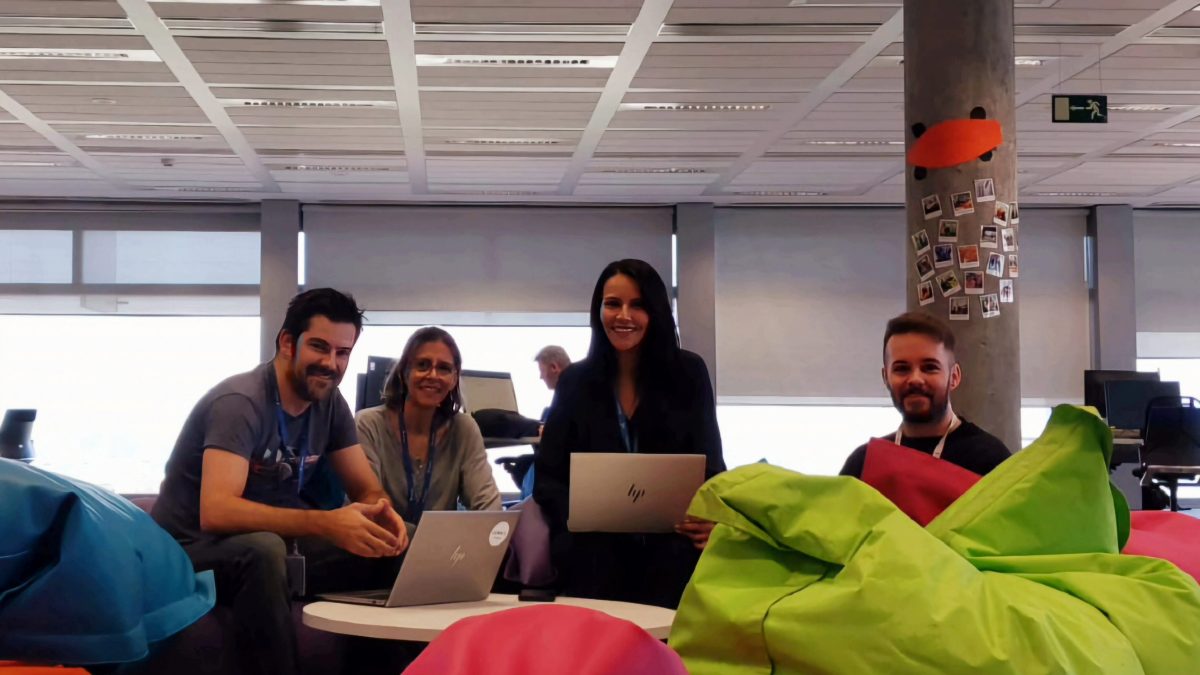This is where the principles of Lean Management can become a powerful tool, enabling you to reduce waste, optimise resources and ultimately improve customer satisfaction. This article explores how to apply the key concepts of Lean in the daily practice of a Delivery Manager.
What is Lean Management?
Imagine you are preparing a dinner party at home for your friends. You want everything to be perfect and for them to enjoy it as much as possible, but you also want to make good use of the ingredients and not generate unnecessary waste. That’s what Lean Management is all about: finding the most efficient way to create value (in this case, a good dinner) while avoiding any expense or work that isn’t really necessary.
Lean Management is a methodology that emerged in Japan, mainly at Toyota, where the aim was to improve every step in production to make the process fast and error-free, ensuring that each product really meets the customer’s needs. Although it was born in the manufacturing industry, today it is applied in almost all areas, including digital project management.
In the world of Delivery Managers, applying Lean means focusing on the essentials: delivering value to the customer and removing obstacles that hinder the team’s work. This can translate into simplifying processes, avoiding unnecessary steps and ensuring that every action is aligned with what the customer really needs. In short, Lean Management enables teams to work smarter, achieve more with less and ensure high-quality results.
Lean principles applied to delivery management
Identifying Customer Value
A fundamental principle in Lean is to understand and define what constitutes customer value. For a Delivery Manager, this means identifying customer needs at the outset of the project and prioritising deliverables that generate maximum impact. Maintaining constant communication with the customer allows value to be adjusted according to their expectations in real time, improving the relevance of each delivery.
Eliminating Waste
In project management, waste can take many forms, from duplication of tasks and waiting times to misallocation of resources. As a Delivery Manager, it is key to look at the workflow and eliminate activities that do not add value, such as unnecessary steps in approving tasks or meetings without a clear purpose. Minimising waste not only streamlines projects, but also optimises the use of resources.
Workflow Optimisation
Creating a seamless workflow is essential to keep the project moving and avoid bottlenecks. A lean approach encourages simplification of processes and a continuous review to identify friction points. A Delivery Manager must ensure that all teams have access to the necessary resources at every stage, keeping tasks flowing without interruption.
Culture of Continuous Improvement
Continuous improvement is a central tenet of Lean Management. For Delivery Managers, this means establishing a constant feedback process with their team and with the customer. This practice allows for quick adjustments and optimisations in each work cycle.
Team Empowerment
In Lean, great importance is placed on team autonomy. By empowering the team to make informed decisions and adapt quickly to changes, the Delivery Manager not only improves efficiency, but also fosters a working environment where each member feels valued. An empowered team is more able to respond to challenges and less reliant on constant intervention, allowing the Delivery Manager to focus on strategic tasks.
Benefits of Lean for the Delivery Manager
Implementing Lean Management can transform the approach of Delivery Managers, providing them with tools and principles to optimise deliveries and enhance teamwork. Key benefits include:
- Increased delivery efficiency by eliminating unnecessary tasks and streamlining workflow.Increased customer satisfaction, as deliveries are faster and aligned with customer needs.
- Reduced costs and time by optimising resources and eliminating waste.
- Improved quality of deliverables, thanks to continuous feedback and constant adaptation.
For a Delivery Manager, the principles of Lean Management offer valuable guidance to manage projects efficiently and effectively. By reducing waste and optimising the value delivered to the customer, Delivery Managers not only ensure the success of the project, but also







